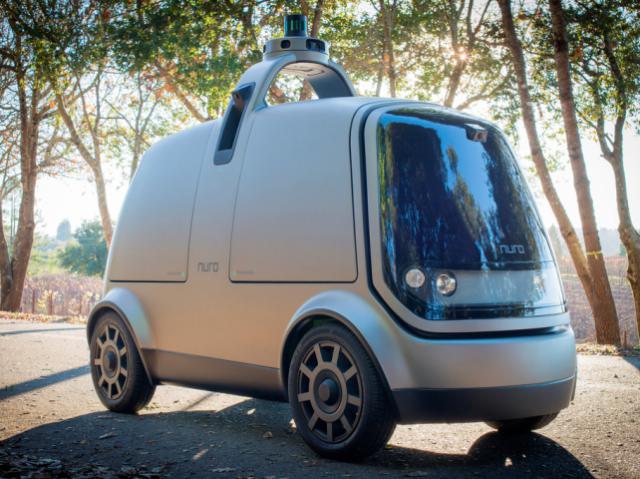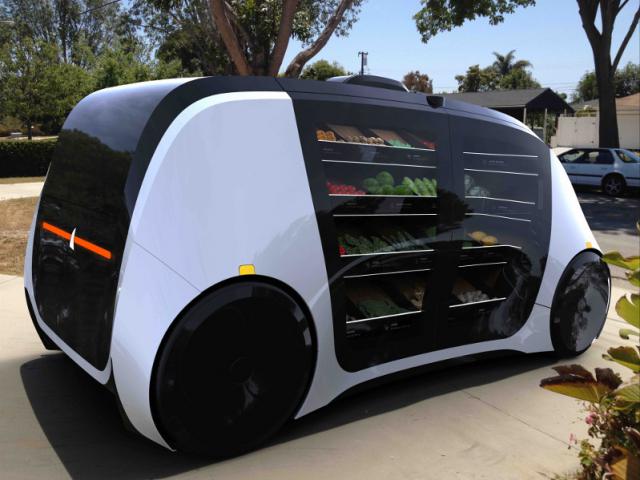Dacuda and Volumental release 3D printed selfie app for phones and tablets
05 March 15Dacuda and Volumental release 3D printed selfie app for phones and tablets
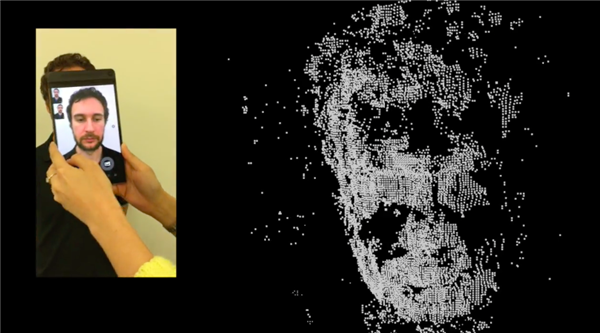
Although there are many, many photography app developers out there, few have been able to successfully merge both a smartphone camera and a 3D experience - be it a virtual 3D experience or a way of easily creating 3D models for 3D printed content. Sure, Autodesk has given us nearly a phone’s worth - but as for the smaller developers, this is no easy feat.
Recently, Swiss company Dacuda teamed up with Sweden’s Volumental to create a new 3D mobile experience that allows selfies to be converted into a 3D print. If the name ‘Dacuda’ sounds familiar, it’s because the company has a successful app that centers around another popular mobile photography pastime: food photography. The company’s 3DAround app for food photography allows user to create 3D scans of their meals to share with others.
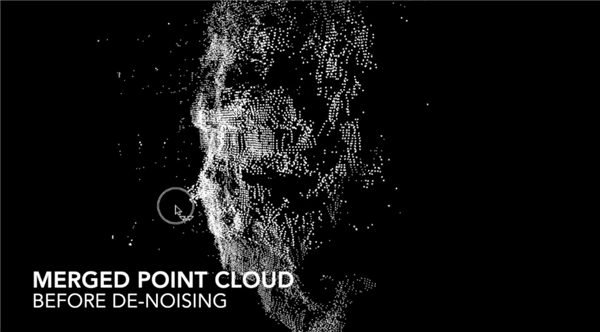
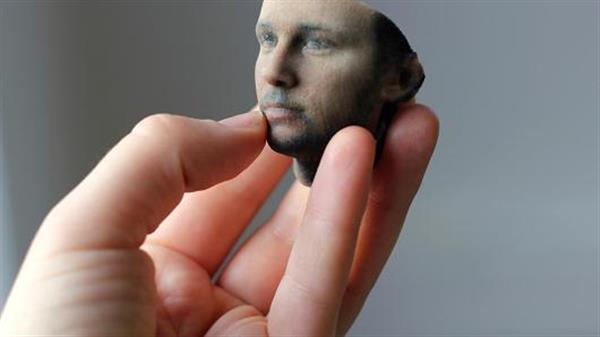
The new selfie application is based on Dacuda's SLAM Scan 3D engine (the same one used for their food photography app) that is able to capture depth information in real-time using regular cameras.
To use the 3D printed selfie app, a user follows a similar motion with their mobile phone or tablet computer to take a picture (or more appropriately, a scan) of their face. Once the scan has been completed, they can send the file to the company and receive a 3D printed copy of their face.
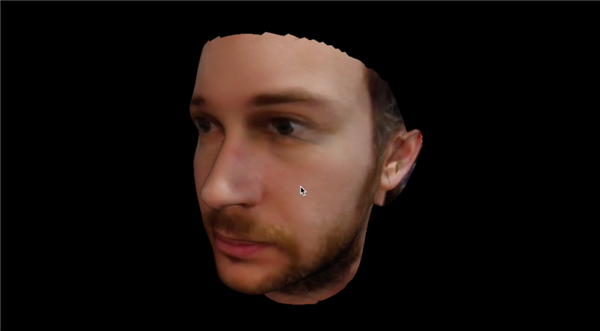
Dacuda picked a great time to launch a selfie-centered app. Currently, products such as selfie sticks have been taking off as a new form of photography. The sticks, which are essentially a telescoping metal rod with a camera attachment, allow a user to take a picture of themselves from farther than their arm can reach - which enables the camera to have a wider field of view.
While selfie-sticks are accessible by many and don’t cost much, 3D printers are another story. Dacuda founder Alexander Ilic anticipated this and built the app around the 3D print delivery service, however he does anticipate that in the near future, more people will have 3D printers and be able to print their own 3D selfies at home.
"We expect people won't have a 3D printer quickly but we think the technology will become more affordable," Ilic said in an interview with CNBC.
Currently, the app is available on both Apple’s iOS devices including iPhones (iPhone 5 and up) and iPads as well as Android devices (5.0), however the app’s success is contingent on if a piece of hardware has compatible camera software.
Although the companies are starting with 3D printed selfies, they see the technology taking off to be much more powerful than that.
“As this app becomes available on tablets we will see a number of customizable products that vastly demonstrate how 3D technology can change the products we use every day,” said Volumental CEO Caroline Walerud.
“Imagine purchasing perfectly fitting eyeglasses or helmets from home, or starring in your favorite computer game; all as a result of a 3D head model that you captured on your tablet!”
Dacuda and Volumental will be showing off their new app at Mobile World Congress in Barcelona this week and chose to use a Dell Venue 8 7000 Android tablet as a demo device due to its powerful Moorefield chipset and an onboard Intel RealSense camera.
"Our vision is to give consumers the ability to capture and share beautiful 3D experiences within seconds using just their mobile device," added Ilic.
Whether or not a user chooses to 3D print their selfies or not, the ability to have quick 3D scans of a head to create custom 3D prints directly from an iPhone is certainly a welcome technology.
Subscribe
Latest News market innovation


